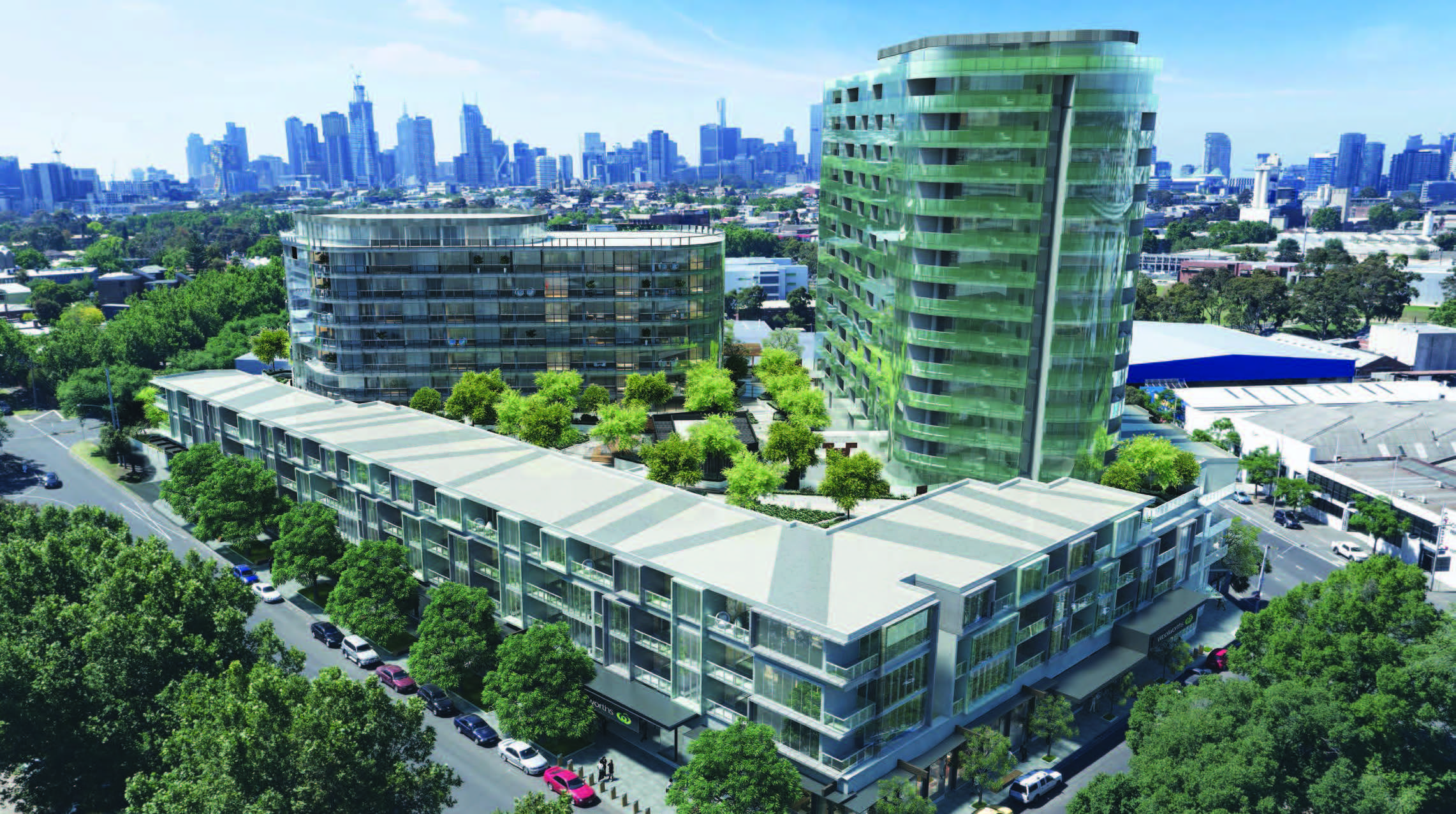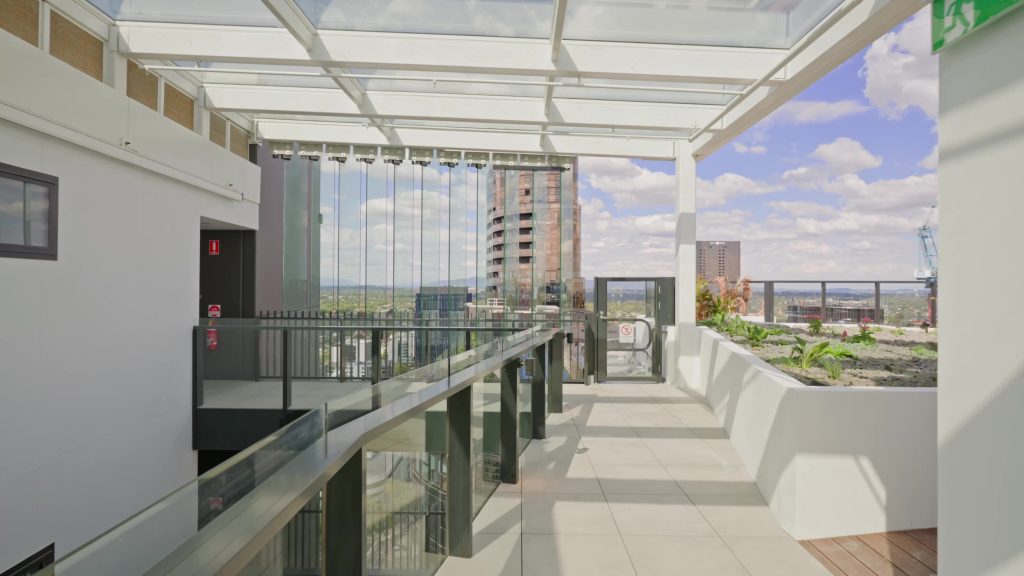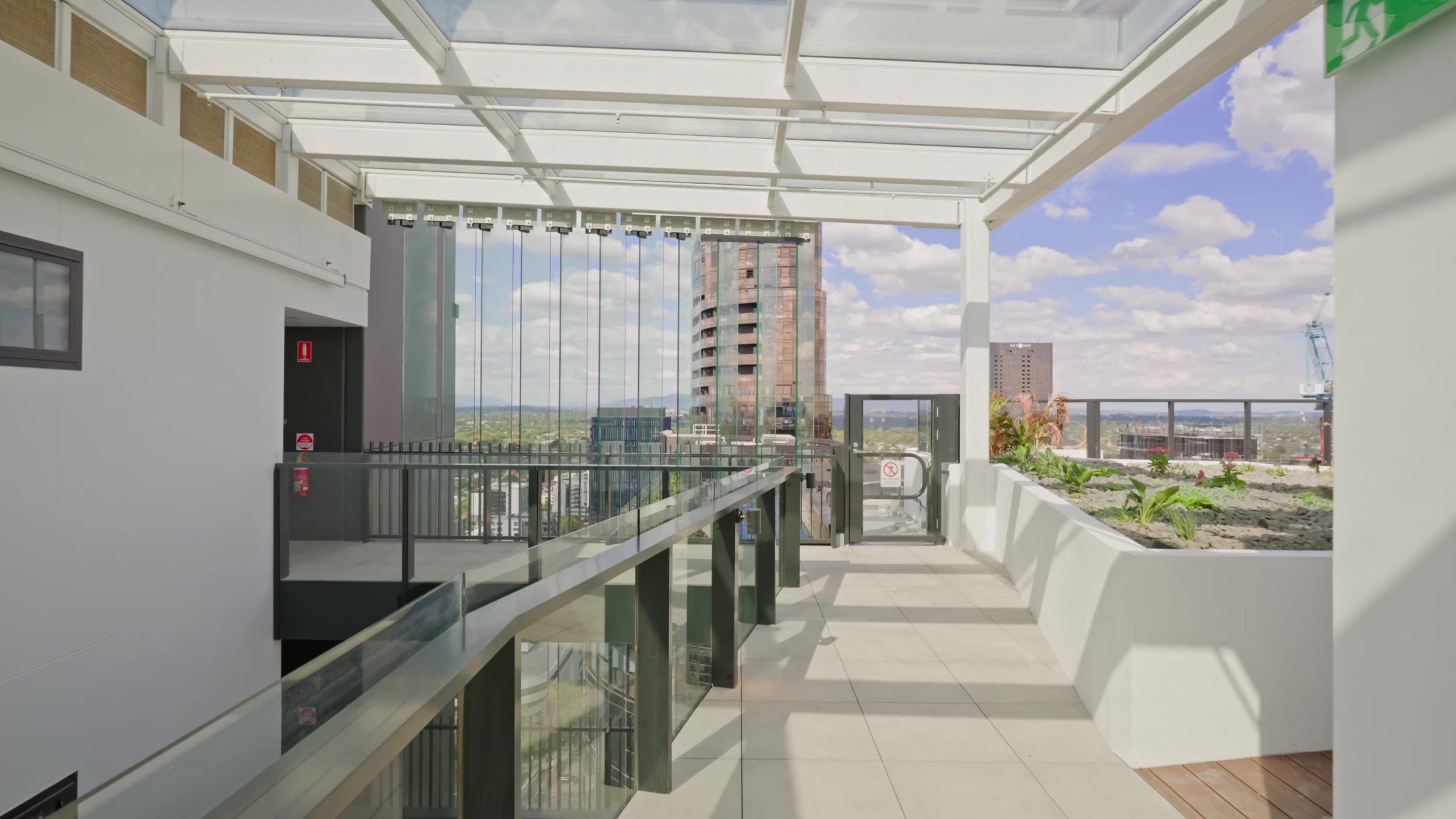Taking advantage of foreign real estate investments is one of the best ways to build a diverse financial portfolio and create a funnel for passive income. The foreign real estate investment market is lucrative for many individuals and well worth looking into.
Foreign property investment in Australia has proven popular and worthwhile. Between 2018 and 2019, foreign residential property purchases in Australia were valued at 7.5 billion dollars, so people looking to expand their assets and take advantage of foreign real estate investments can have wild success with Australian property.
Investing in real estate can be daunting, especially when it comes to dealing with foreign properties in another country. We put together this article to help you understand foreign property investment in Australia.
Keep reading to learn your eligibility for this kind of investment, how to invest in Australian properties, and if this investment is a wise decision for you financially.
Can Foreigners Buy Property in Australia?
Typically, property purchases in Australia may be seen with permanent residents or citizens especially for owner-occupier settings, but foreigners also have the freedom to acquire residential real estate in Australia.
A foreign person is identified as one not ordinarily resident in Australia, or a corporation with an individual not ordinarily resident in Australia, a trustee of a trust or a foreign government.
An ordinarily resident person is one who has spent 200 or more days in the preceding year in Australia, and whose presence in Australia is not time-bound and time-imposed by law.
Temporary residents are a second type of foreign individual, who hold a temporary visa permitting them to stay in Australia for a continuous period of 12 months or more, or are on a bridging visa while having their permanent resident visa application in process.
Investment applications by these foreign investors are managed and decided by the Foreign Investment Review Board or FIRB. The FIRB is responsible for examining proposed investments subject to the Foreign Acquisitions and Takeovers Act of 1975.
It also must advise the treasury portfolio ministers on said investment proposals, and ensure the foreign investors and the Australian government understand Australia’s Foreign Investment Policy and the Foreign Acquisitions and Takeovers Act.
The Board enforces certain rules and regulations associated with foreign investments, especially concerning vacant land and new development projects. There is a 50% cap on foreign ownership and investors in new developments with an additional charge on leaving dwellings owned by foreign investors vacant, in order to give Australians a chance to purchase dwellings in these new dwellings and ensure access to housing.
Foreigners are required to submit the appropriate applications and proof of finances to the FIRB and the Australian government. Both entities must approve the investment before any final transactions occur.
The FIRB makes some exceptions to these rules, but only in cases where the foreign investor’s plan will likely benefit the country without impeding the success of the Australian citizens in the market. For example, they will allow a foreign investor to purchase a previously owned dwelling if they plan to redevelop the land or start a new business.
FIRB Application
As mentioned, you cannot buy or invest in Australian real estate without the proper paperwork and an approved application. You can find a complete application checklist through the FIRB website, but below is a brief overview of what you’ll need before beginning the application process:
- The application must provide a clear statement of significant actions, under the Foreign Acquisitions and Takeovers Act proposed to be taken.
- It must include details of the entity taking these actions.
- It must include details of the proposed transaction (commercial rationale, description of the acquirer’s intentions, relevant commercial deadlines, information about any sales process, and an implementation steps diagram.
- You must explain why the proposed transactions do not contradict Australia’s interests and Australia’s Foreign Investment Policy.
- You must provide ownership and control details of the entity, including country of origin, ownership percentage breakdown, and any associated foreign government investors, fund managers, or trusts.
- Provide structure diagrams with the direct and indirect holding entities and target groups.
- Include copies of last financial year’s audited financial statements (or most recent available).
- Details of an acquisition occurring because of a buy-back, unit redemption, or another form of capital reduction.
- Title details of all relevant land.
- A map of the relevant land with enough detail to identify the area.
- The value of interest in the Australian land in proportion to the target’s total assets.
- Consideration for all titles.
- Size of the Australian land in hectares.
- Details of the land’s current usage under FATA definitions.
- A proposed business plan explaining the primary activity, head operations, total funds, and expected number of employees.
- Information on patents, royalty, export franchises, and licensing arrangements.
- List of regulatory Australian approvals the new business will require.
- Post-implementation details including equity instruments and debt instruments if applicable.
- Details of any other type of relevant financing.
This is simply a summary of the application checklist, so you can see how in-depth and thorough this application process is. Once completed, you can send the application directly to FIRB.
Once the application is completed, submitted, and the application fee is paid, the treasurer has 30 days to make a decision.
However, with a written letter, this period can be extended by another 90 days, and an interim order can extend it for another 90 days.
So the longest the approval process can take is 210 days (about seven months). Once the treasurer makes a decision, you will be notified within 10 days.
Application Fee
Below is a table showing the application fees as updated July 2022 per the property you plan to purchase. The exception concerning agricultural land is also below.
| Residential Land Value | Fee for Single Action |
| Less than $75,000 | $4,000 |
| $1 million or less | $13,200 |
| $2 million or less | $26,400 |
| $3 million or less | $52,800 |
| $4 million or less | $79,200 |
| $5 million or less | $105,600 |
| Over $40 million | $1,045,000 maximum fee |
Other exemptions, meaning people or entities who do not need FIRB approval include:
- Australian citizens
- New Zealand citizens
- Permanent residents
- A developer with exemption certification
- An inheritor of a property
- Someone awarded property by court order
- Someone awarded property in a divorce settlement
New Vs. Established Dwellings
As a foreign property investor, If you want to purchase property in Australia, you will likely only be able to purchase new dwellings as an investment property. Some circumstances allow foreign investors to purchase established dwellings, but these are less common. This means they cannot easily buy a property with any previous owners or inhabitants unless it is for revamping into a new development and includes a valid exemption certificate.
In addition, temporary residents are eligible to buy established dwellings [also with an exemption certificate], but will have to sell their investment as they leave the country, unless they become an Australian citizen or permanent resident. These rules are in place to ensure the Australian real estate economy stays secure and stable, and the housing industry remains available to Australians for investment.
If you want to buy an established dwelling as a foreign investor, you will need special FIRB approval, which is only given for the following instances:
- Acquiring a direct interest in an Australian entity or business
- Starting a new business
- Acquiring a direct interest in Australian land
- Acquiring a legal or equitable interest in a tenement
- Plan to demolish and redevelop an established dwelling
- Living in the established dwelling during the ownership
The idea behind these rules is that Australia wants non-resident foreign investors building new properties which further helps to create more jobs and improve the economy. Through stamp duties and taxes, the state and federal governments are also able to generate revenue to invest back into the economy.
Why Invest In Australian Property as an Overseas buyer?
The enticing real estate market of Australia can be convincing enough as a reason to invest in Australian properties. The most prominent reason is the success and stability of the Australian economy, especially when compared to other international economies like that of the US and the UK. .
Overall, the Australian housing market shows impressive stability and continued growth, making it a prime market for investing. Along with helpful government incentives and easy financing, it’s clear why so many overseas investors buy property in Australia.
The sections below dives into the many advantages of investing in the Australian housing market.
Stability
While the US and many other real estate markets can sometimes be unpredictable, the Australian market has had relatively stable property prices over the past years. The market has shown a consistent 7.25% increase in property values year after year.
Unlike other countries, the Australian housing market fared relatively well throughout COVID, and is expected to bounce back gradually. The Australian housing market was also safe from the housing crisis of 2007 to 2008, which practically decimated the US housing market. But because of Australia’s global positioning, consistent population, and healthy economy, they have not seen any such crises.
The US and other countries have volatile housing markets, but Australia seems to operate separately from this chaos. Foreign investors can reap the benefits of this high-functioning economy without moving to Australia.
Future Growth Potential
The stability of the Australian real estate market is not the only advantage. The real estate market in Australia is expected to grow by 4.2% in 2022 and 2.5% in 2023.
As properties grow in value, you get more capital gains minus any capital gains tax you have to pay off on the property value. So the Australian real estate market is an excellent opportunity for making money.
To give you an idea of the growth potential of these markets, check out the expected growth in popular spots in Australia. These forecasts are based on current property values and previous property values.
- Melbourne, Victoria: Melbourne property values should increase by 8% over the next 3-5 years, making this an opportune moment in the Melbourne market. The Victoria housing market is slowing down, but as prices drop, properties become more affordable, making this the perfect time to buy and benefit from the upswing.
- Sydney, New South Wales: Property values in Sydney should continue to grow by 7.4% annually for the next 5-10 years. Experts predict the NSW market will continue to grow in the short term, seeing high jumps over the next few years.
- Brisbane, Queensland: Brisbane might be the best place to invest right now, as dwelling values have gone up by 10.6% annually in recent years, and this trend should continue upward.
Government Incentives
Along with the promising housing market and lucrative real estate opportunities in Australia, foreign investors can also benefit from government incentive programs. These programs are mostly tax incentives, meaning you can save money when paying income or property taxes on your Australian property or business.
Below is an overview of some of the best government incentives foreign investors can take advantage of. These incentives are regulated by the ATO (Australian Taxation Office), but some are easy to qualify for.
Early-stage Investment Incentives
This tax concession is 20% of the investment made with a cap of $200k. This incentive is ideal for angel investors who help get businesses up and running in Australia. This tax offset commonly goes hand in hand with a home loan scheme.
Research and Development Tax Incentives
The R&D tax incentive promotes more innovative projects in Australia. Any activities and businesses related to research and development can take advantage of this government incentive with income tax offsets of 43.5% or 38.5%. This tax concession is partly self-regulated, making it one of the easiest to take advantage of and save on corporate taxes.
Foreign Investment Policy in Australia: Income Tax Offsets
This government incentive helps foreign investors avoid double taxation on income and properties, making it easier for overseas investors to make money from their Australian real estate. There is a limit to this tax offset, but it can generally cover all double taxation.
Conservation Incentives
The Australian government created this program that offers a buyer grant to investors that contribute or partake in conservation projects to protect and maintain Australia’s nature. The minimum on this buyer grant is $5,000 but can be more, depending on the property value and the degree of conservation efforts.
Easy Investment & Financing
In Australia, interest rates are still at a considerably low level compared to other countries. Australian interest rates have been as low as 1.85%, while interest rates in the US and European countries, like England, France, and Spain, have interest rates closer to 6%.
Along with these exceptional interest rates on property loans, financing is also easy to obtain, as lenders lend at lower rates and do not expect investors to default as much as they do in other countries.
Financing is easier if foreign investors express interest in a residential property versus a vacant lot of commercial property. Mortgages on residential homes, which must be new dwellings, can have reasonable rates compared to the rest of the world.
Long-term Gains & Security
Property investment is one of the more stable and secure investment options available today. Stocks, bonds, and business investments can be less predictable and more chaotic, suddenly plummeting from various global events or rising unexpectedly. But real estate tends to be more stable and predictable yielding more long term gains as a secure investment option.
Simpler Investment Process
Another benefit of investing in the Australian real estate market is the simplicity of the legal system.
Compared with the rules for foreign investment in other countries, Australia will welcome you with open arms. The Australian Government, Australian Taxation Office [ATO], and FIRB all see the positives of allowing foreign buyers in the property market and are lenient in their foreign investment approval if all investment rules and conditions are met.
In addition, a similar legal system is present in places like the UK [based on Commonwealth Common Law], Singapore, China [Hong Kong], and Switzerland making the systems and processes easier to understand and operate in.
Get Started
Overseas investors buying property in Australia find the market to be promising and lucrative so if you’re considering foreign property investment in Australia, consider it a sound decision as the market continues to grow and the government encourages expansion.
Once FIRB and the treasurer approve your application, it’s time to find the ideal real estate agent to find you the best property. Foreign investors can easily reach out to Australian real estate agents for any confusion and clarity required as they navigate the foreign investment procedures and become successful investors in the Australian housing market.




